Jason Rantz hosts a radio show in Seattle, so he’s drawing on a webinar that was given at Washington State University, although it was developed at Duke University. Its title is “Examining Whiteness in Food Systems” and it looks at how farmers’ markets and food charities are part of “white dominant culture.”
EXCLUSIVE: Washington State University and Duke are amplifying claims that farmer’s markets & food charity are examples of “white supremacy” & “white dominant culture.”
You won't believe the reasoning. But I come with video nonsense.https://t.co/VGh3ZLKhJG
— Jason Rantz on KTTH Radio (@jasonrantz) December 2, 2021
Rantz writes that “the materials claim that ‘whiteness defines foods as either good or bad’ and that farmers markets are merely white spaces.”
Jennifer Zuckerman of the Duke World Food Policy Center led the discussion. She framed the webinar around her identity as a white woman who has “benefited from whiteness for my entire life at the expense of other people.” With that in mind, she explored the “really specific ways in which whiteness shows up in the food system and particularly in the work of food insecurity.”
…
She took particular aim at farmers markets as being too white. She uses a quote from Rachel Slocum (“a preeminent researcher on whiteness and food”) as a jumping-off point.
“What that does is it erases the past and present of race and agriculture. What whiteness also does is ‘mobilizes funding to predominantly white organizations who then direct programming at nonwhite beneficiaries,’” she said. “And we’ll talk about that a little bit more when we talk about communities that can’t take care of themselves. Also, what this does is it creates inviting spaces for white people. Then program directors or farmers market directors are scrambling because they’re trying to add diversity to a white space. So what whiteness does is center whiteness.”
She’s reportedly also offended by white groups bringing mobile food banks to communities of color, which “pathologizes people and makes the assumption that they need to be helped” and instills “a savior mentality” in those doing the giving. So … don’t help.
Lets' all just put tape over our mouths and never talk again.
— mrbigg425 (@mrbigg425) December 2, 2021
I'm at the point where I reply with "Yea, they are."
— ENOUGH, already🇺🇸📣💄💍👜 (@Sherry7202) December 2, 2021
I guess to support their cause, I should quit donating to food banks and homeless shelters. It’s upsetting that I might be offending people.
— Brenda Monahan (@brendamo67) December 2, 2021
So the answer is to let people starve?
— The castiron christian (@Petemoss42) December 2, 2021
No, rather than food charities, the priority should be on “providing economic assistance, increasing wages, or providing direct capital for BIPOC owned food and agriculture businesses.”
Are they saying that black and brown people don’t give to charities?
— Lillypad (@Vikkimalaga) December 2, 2021
All I can think about is we are headlong to the movie Idiocracy. Viewing everything through the lens of race—to the point of farmers’ markets and food banks is absurd.
— Barry C Campbell (@BarryCCampbell) December 2, 2021
Can we just save time and get the short list of what they consider not racist or white supremacist, if there is such a list…
— As Far As You Know (@AsFarAsYouKnow1) December 2, 2021
Wait a minute Jason, with this line of thinking all federal and state social programs are racist. Maybe they are on to something?
— Stew 🇺🇸 (@LowellStewart8) December 2, 2021
These people so disgust me with this trash. Their rancid wokeness stinks to high heaven.
— FaithFamilyFreedom #DoNotComply (@sda_white) December 2, 2021
This is hard to even read. This is so damn stupid the dumbness of the overeducated is what permeates and sours our culture. Not the people who farm and garden.
— Timothy Hazelo for Island County Commissioner (@Hazelo4Island) December 2, 2021
🤡 🌎
— Alexander (Sempai / Kohai) 🇺🇸 (@alexpigeon) December 2, 2021
No surprise that the woman leading this webinar is white and yet is concerned about white savior complex.
Related:
Alexandria Ocasio-Cortez: Community gardens fail because we look at them through a colonial lens https://t.co/8l5gLWsL6n
— Twitchy Team (@TwitchyTeam) May 23, 2019
















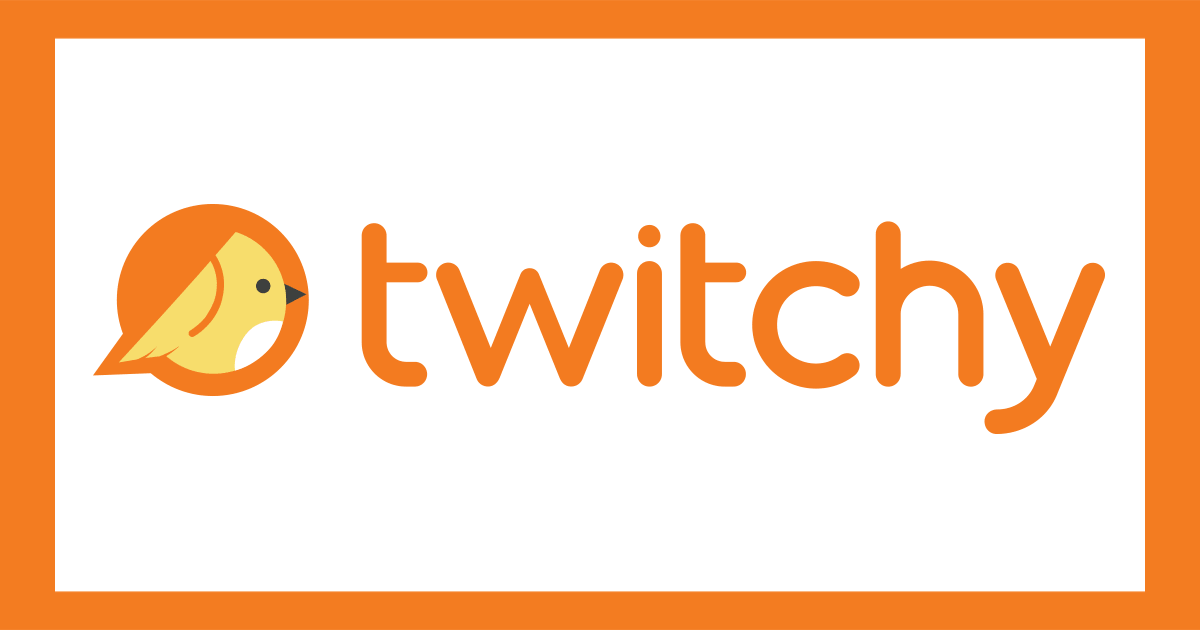
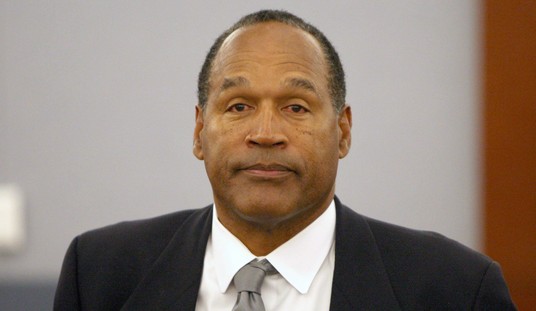
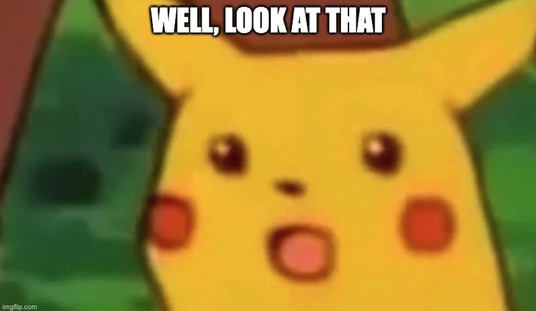
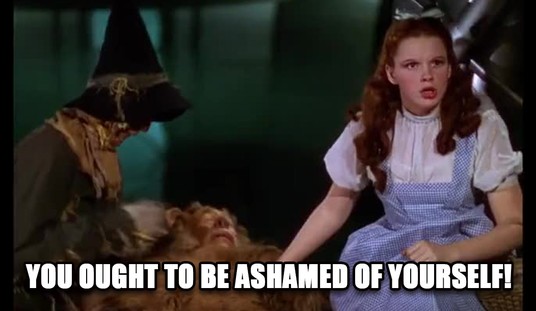
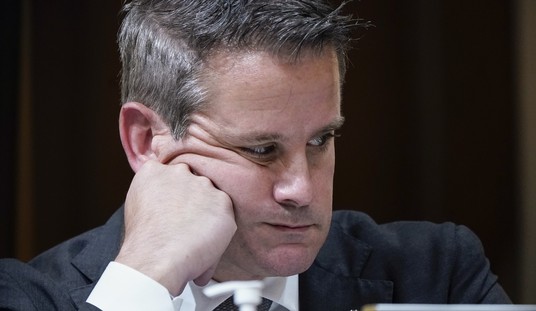
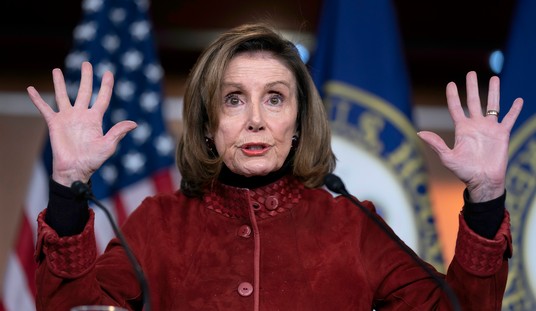
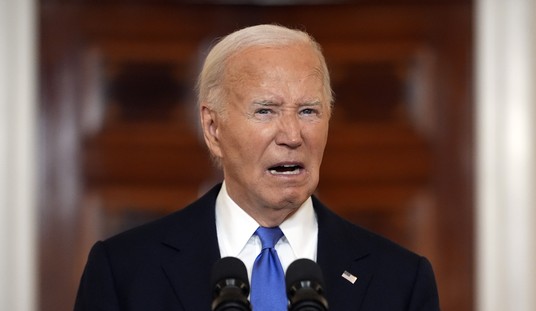
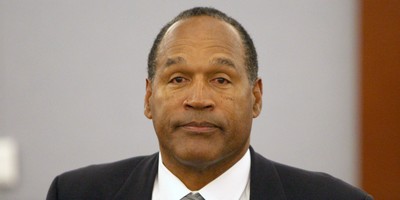
Join the conversation as a VIP Member